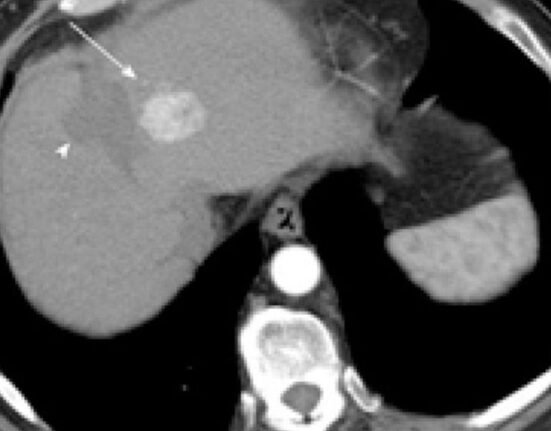HQ Team
March 20, 2024: Bristol Myers Squibb, a New Jersey-based drugmaker, announced it has met its primary goal of improved overall survival for its investigational therapy to treat liver cancer.
The combination of the drug nivolumab (Opdivo) and ipilimumab (Yervoy), is meant to treat patients who did not have prior therapy for hepatocellular carcinoma.
The last-stage trial “demonstrated a statistically significant and clinically meaningful improvement in OS compared to the investigator’s choice of sorafenib or lenvatinib.”
The safety profile for the combination remained consistent with previously reported data and was “manageable with established protocols,” with no new safety signals identified, according to a company statement.
TKI treatment
“Advanced stage liver cancer patients remain in need of additional treatment options that may help improve survival,” said Dana Walker, MD, MSCE, vice president, global program lead, gastrointestinal and genitourinary cancers, Bristol Myers Squibb.
The overall demonstrated its potential to improve outcomes compared to well-established TKI treatment options, she said. Tyrosine kinases (TKI) are a part of many cell functions, including cell signalling, growth, and division.
These enzymes may be too active or found at high levels in some types of cancer cells, and blocking them may help keep cancer cells from growing.
Some tyrosine kinase inhibitors are used to treat cancer, according to the National Cancer Institute.
Bristol Myers Squibb will complete a full evaluation of the data and work with investigators to share the results with the scientific community at an upcoming medical conference, as well as discuss with health authorities.
Heptatocellular carcinoma
About 668 patients were involved in the trial.
Liver cancer is the third most frequent cause of cancer death worldwide. Hepatocellular carcinoma is the most common type of primary liver cancer and accounts for 90% of all liver cancers.
The cancer is often diagnosed in an advanced stage, where effective treatment options are limited and are usually associated with poor outcomes.
Up to 70% of patients experience recurrence within five years, particularly those still considered to be at high risk after surgery or ablation.
Most cases of hepatocellular cancer are caused by hepatitis B virus or hepatitis C virus infections. Metabolic syndrome and nonalcoholic steatohepatitis are rising in prevalence and are expected to contribute to increased rates of cancer.








